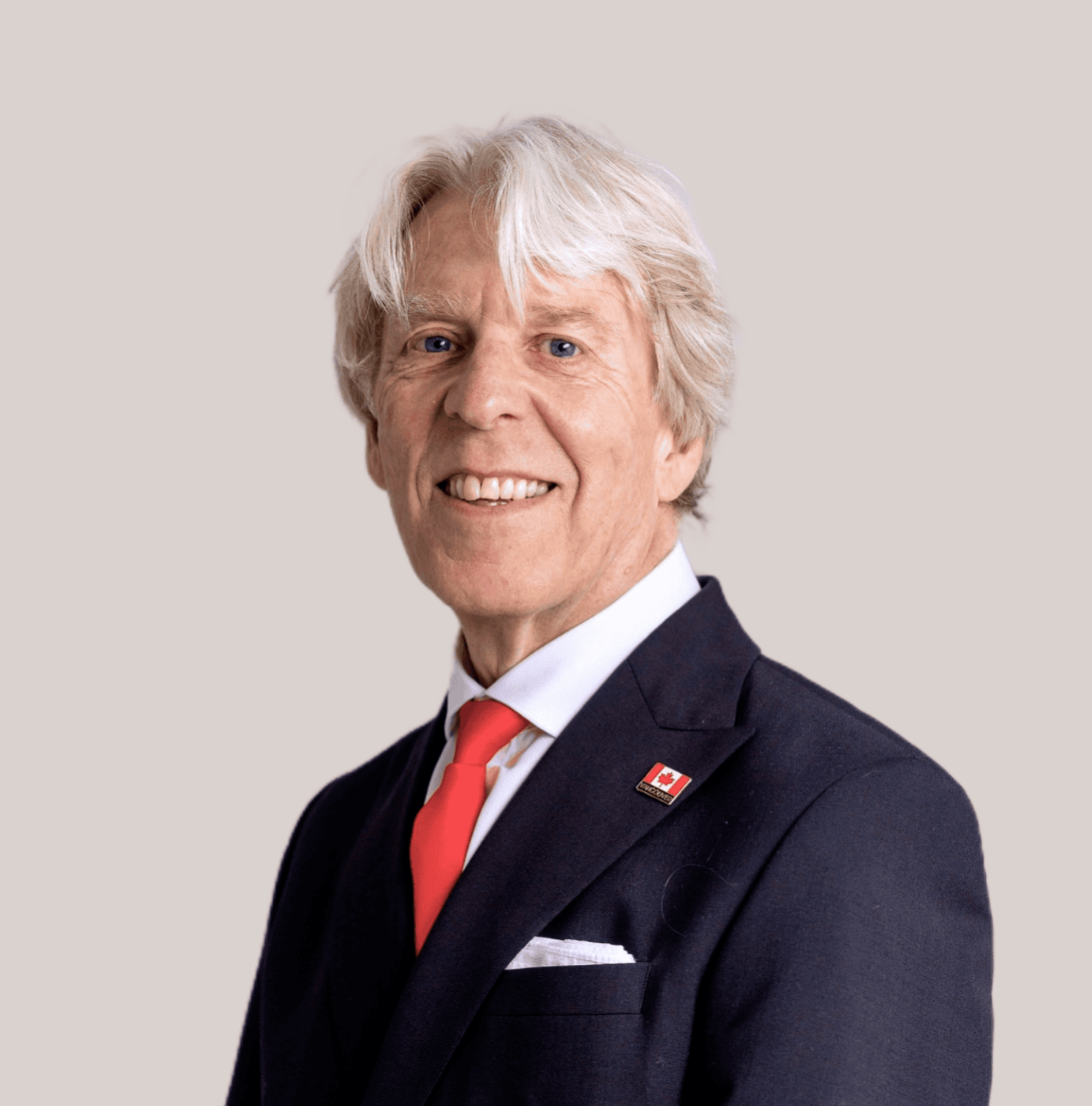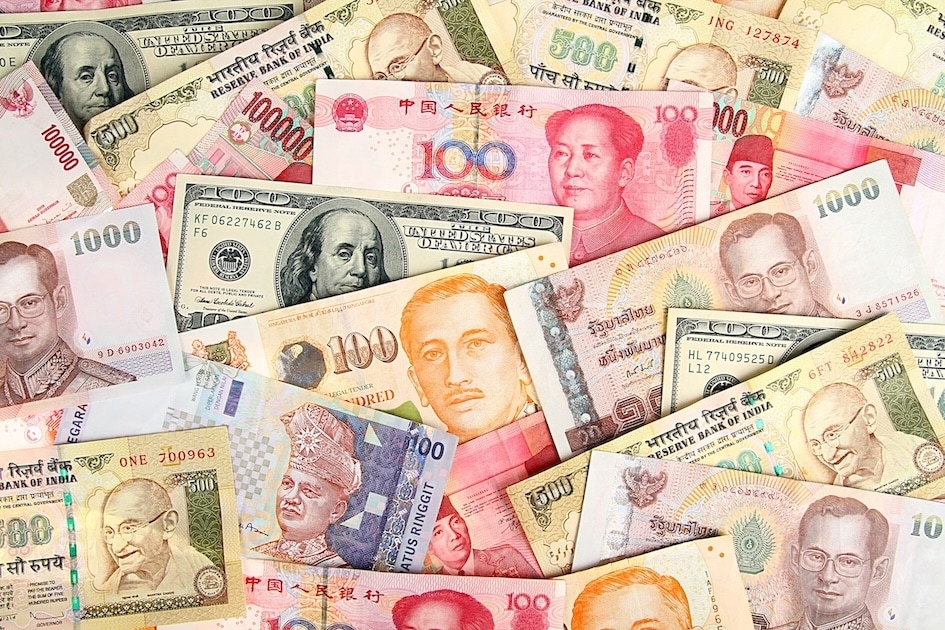Obtaining a Passport or Residency in Malta
27 Sep 2019
Relocating to Malta
Located at the heart of the Mediterranean Sea, Malta has historically acquired a strategic position as a base for many successive powers and has played a key role in several important events in the region. Malta has maintained and enhanced its strategic position by opening its borders to nationals of other countries, including third country nationals (TCN), whose intention is to build a relationship with the island, by relocating, conducting business or working on the island. Through the years, the Maltese government has developed various routes by which a national of another country can relocate and acquire status in Malta.
Taxation in Malta
A person who is resident but not domiciled in Malta is only taxed on income remitted and/or arising in Malta and capital gains arising in Malta, excluding any capital gains arising outside of Malta. Income received or arising in Malta is normally taxed at a progressive rate of 0% to 35% as per the below table*;
| From | To | Rate | Subtract € |
| 0 | 9,100 | 0% | 0 |
| 9,101 | 14,500 | 15% | 1,365 |
| 14,501 | 19,500 | 25% | 2,815 |
| 19,501 | 60,000 | 25% | 2,725 |
| 60,001 | And over | 35% | 8,725 |
*This table reflects the latest budget amendments of 2019 and refers specifically to single applicants.
1. Malta Individual Investor Programme
The individual Investor Programme is regulated by the Maltese Citizenship Act (cap 188) and the Individual Investor Programme of the Republic of Malta Regulations, 2014 (L.N. 47 of 2014). Successful applicants are granted citizenship through naturalisation. The programme is open to EU and Non-EU nationals of high repute.
Acquiring citizenship in Malta grants the applicant the opportunity to travel visa free to more than 182 countries, travel and settle in the Schengen Area and conduct business in Malta and Europe.
Investment requirements
- The main applicant must contribute €650,000 to the government of Malta, which is deposited in the National Development and Social Fund;
- Either Lease or buy a property in Malta or Gozo. A leased property for not less than €16,000 per annum or a purchased property of the minimum value of €350,000;
- acquire €150,000 worth of stocks, bonds, debentures, special purpose vehicles or other investment vehicles as may be identified from time to time by MIIPA. This investment must be kept for a minimum period of five years.
2. Malta Residence and Visa Programme
In 2014, the Maltese government announced the introduction of a residency by investment programme open to all Third Country Nationals of high repute. The MRVP gives TCN’s the opportunity to reside in Malta for an indefinite period.
Maltese residency gives the applicant the freedom to travel in the Schengen Area and thus eases the conduct of business not only in Malta but also in other European countries.
Investment requirements
- The main applicant must pay an administrative fee of €30,000 and an additional €5,000 for every elderly dependant;
- Holds a qualifying property in Malta for the value of €320,000 (€270,000 if the property is situated in the south of Malta or Gozo) and if leased for the value of €12,000 per annum (€10,000 if situated in the south of Malta or Gozo);
- Invests in a designated investment the amount of €250,000, which shall be kept for a minimum period of five years.
3. The Global Residence Programme
The Global Residence Programme is a tax and residence scheme that was introduced in 2013 by the Maltese government to grant a beneficial tax status to TCN wanting to invest and relocate in Malta. Applicants under the Global Residence Programme are taxed at a flat rate of 15%, subject to a minimum annual tax of €15,000 on foreign income received in Malta. However, income and capital gains arising in Malta are taxed at a progressive rate of 0% to 35%.
Investment requirements
- Holds a qualifying property in Malta for the value of €275,000 (€250,000 if the property is situated in the south of Malta or Gozo) and if leased for the value of €9,600 per annum (€8,750 if the property is situated in the south of Malta or Gozo).
4. Highly Qualified Persons Rules
The Maltese government introduced the Highly Qualified Persons rules in 2011 with the aim of attracting foreign qualified persons to work in the financial, aviation and gaming industry. The advantage of this scheme is that individuals employed in Malta in one of these areas would benefit from a 15% flat rate of tax on his/her employment income. The income should not be less than €84,016 per annum. The 15% flat rate is applicable for a period of five consecutive years from the date of qualifying employment (for EU nationals) and for a period of four consecutive years (for Non-EU nationals). The scheme may be further renewed for a period of four years.
5. Key Employee Initiative
The Key Employee Initiative was introduced by the Maltese government to facilitate the process of acquiring a residence permit for employment purposes, for certain skilled employees. This initiative grants a residence and a work permit to employees earning more than €30,000 per annum This initiative is extended to innovators involved in start-up projects.
The Maltese government may grant a residence permit to Individuals seeking relocation and having a genuine request such as: Educational purposes, family reunification and Long Term Residency.
It is important to note that each Residence Scheme may by time lead to the acquisition of citizenship. However, applicants intending to receive Citizenship, should live permanently in Malta for a minimum period of five years, subject to several other conditions being satisfied. In most cases, the Maltese authorities have discretion with respect to the granting of citizenship or otherwise.
Author(s)
Recent News

 Suite 503, 5/F, St. George's Building, 2 Ice House Street, Central, Hong Kong
Suite 503, 5/F, St. George's Building, 2 Ice House Street, Central, Hong Kong +852 2868 0696
+852 2868 0696













